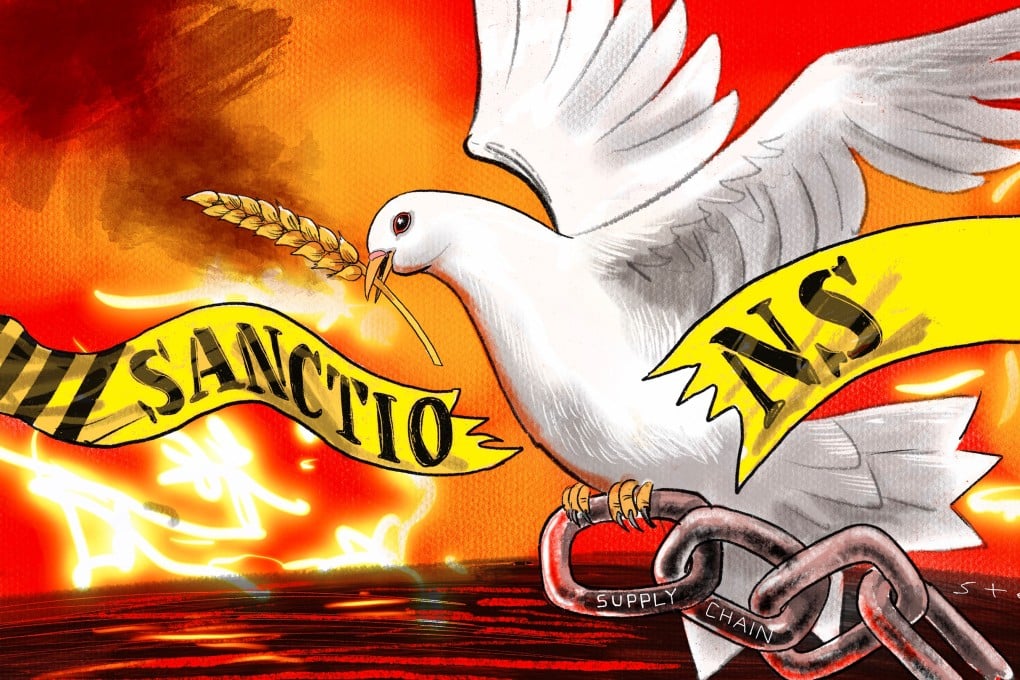Advertisement
Opinion | Why China’s pragmatic peace plan for the Ukraine conflict may also be the best
- China is the only mediator able to offer real economic incentives to all parties to the conflict
- A ceasefire that allows sanctions erosion to some extent would not only enable parties to start recovering economically, while saving face publicly, but also reduce disruption to global supply chains
Reading Time:4 minutes
Why you can trust SCMP
67

As China actively promotes itself as a peace negotiator in the Russia-Ukraine conflict, special envoy Li Hui began a tour of Russia, Ukraine, Poland, France and Germany last week. In a statement after his visit to Ukraine, he said there was “no panacea” to the crisis, but called on the parties to the conflict to “start with themselves” and “create conditions to stop the war and talk”.
While China’s provisions for peace, as spelled out in a 12-point blueprint, seem quite general, the initiative may have the best chance of success. China is the only mediator able to offer real economic incentives to all parties to the conflict.
The Covid-19 pandemic caused significant disruptions to economies and supply chains. The United States and the European Union both responded to the pandemic by increasing state debt, lowering interest rates and injecting liquidity into markets. But this means they will not have much of a safety buffer in the face of future disruption.
Advertisement
China, on the other hand, had a more measured economic response to the pandemic. Now that it has lifted its zero-Covid policy, its economy is recovering fast.
In 2022, when the conflict in Ukraine broke out, the EU, the US and their allies miscalculated the effects of the unprecedented sanctions they imposed on Russia. While Russia accounts for only about 2 per cent of world gross domestic product, it is a major exporter of the raw materials that power global industries.
The sanctions pushed Russia towards the East, with China becoming a major economic partner. Meanwhile, the European Union has fallen into an energy crisis and dependency on American gas. European companies, including steel and chemical makers, have been shifting operations to the US, attracted by stable energy prices and tax incentives. But the US is not really in a position to help the EU when it has a debt crisis of its own.
Advertisement
Select Voice
Select Speed
1.00x

